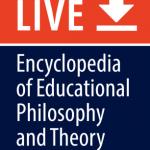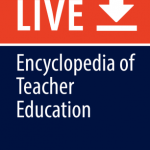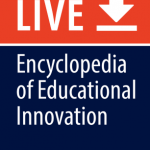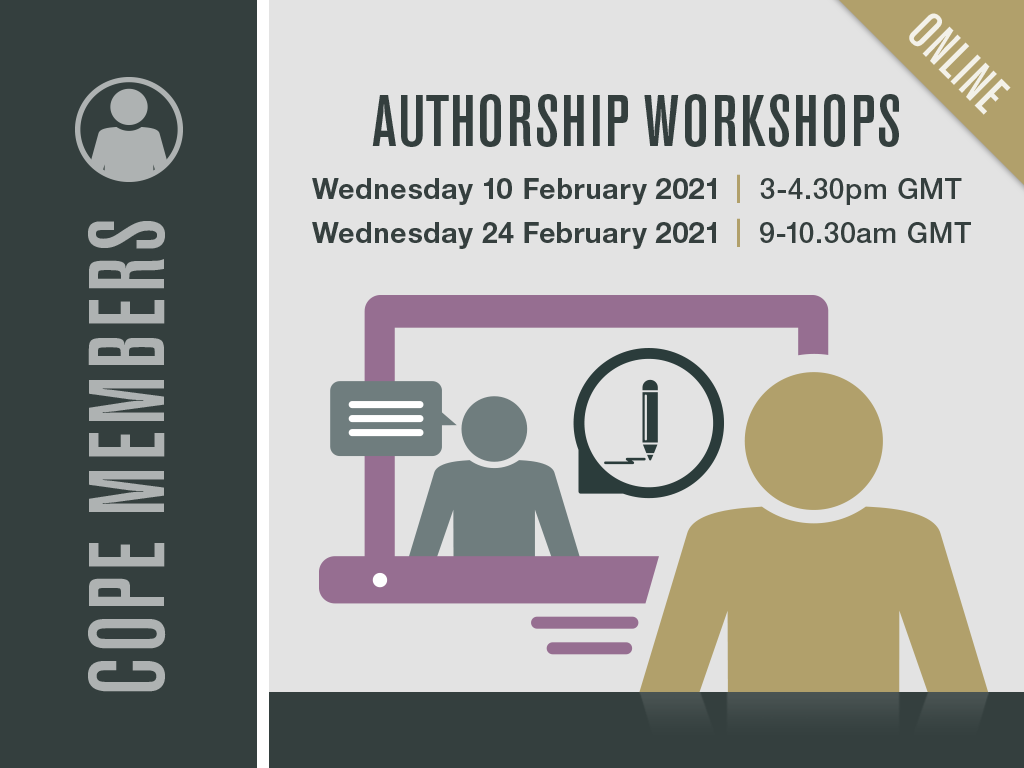Springer Encylopedia Invitation – Section Editors
The Springer Encyclopedias
Invitation to become a Section Editor for one of three new Springer Encyclopedia projects. You will be supported by a professional team at Springer in a global, dynamic and continuously updatable project where educationalists can develop, share and support the latest relevant materials. Your expertise is valued and we hope you will become involved as part of a professional team working together on these projects.
As Section Editor you will be responsible for editing ten contributing authors, with each contributor writing an entry of 3,000 words including 3-5 references.
Please indicate a preferred topic and feel free to discuss themes or topics you think may be appropriate for this project, by contacting:
Michael A. Peters, Distinguished Professor, Beijing Normal University, PR China. mpeters@bnu.edu.cn
These Encyclopedia projects are dynamic living reference works for educational research and practice that are continuously updated on a dedicated web site, and have hard copy books appearing in companion volumes.
 Encyclopedia of Educational Philosophy and Theory (est 2018) – now published online and in hard copy , this is a dynamic reference and study place for students, teachers, researchers and professionals in the field of education, philosophy and social sciences, offering both short and long entries on topics of theoretical and practical interest in educational theory and philosophy by authoritative world scholars representing the full ambit of education as a rapidly expanding global field of knowledge and expertise. This is an encyclopaedia that is truly global and while focused mainly on the Western tradition is also respectful and representative of other knowledge traditions. It professes to understand the globalization of knowledge. It is unique in the sense that it is based on theoretical orientations and approaches to the main concepts and theories in education, drawing on the range of disciplines in the social sciences. The encyclopaedia privileges the “theory of practice”, recognizing that education as a discipline and activity is mainly a set of professional practices that inherently involves questions of power and expertise for the transmission, socialization and critical debate of competing norms and values.
Encyclopedia of Educational Philosophy and Theory (est 2018) – now published online and in hard copy , this is a dynamic reference and study place for students, teachers, researchers and professionals in the field of education, philosophy and social sciences, offering both short and long entries on topics of theoretical and practical interest in educational theory and philosophy by authoritative world scholars representing the full ambit of education as a rapidly expanding global field of knowledge and expertise. This is an encyclopaedia that is truly global and while focused mainly on the Western tradition is also respectful and representative of other knowledge traditions. It professes to understand the globalization of knowledge. It is unique in the sense that it is based on theoretical orientations and approaches to the main concepts and theories in education, drawing on the range of disciplines in the social sciences. The encyclopaedia privileges the “theory of practice”, recognizing that education as a discipline and activity is mainly a set of professional practices that inherently involves questions of power and expertise for the transmission, socialization and critical debate of competing norms and values.
 Encyclopedia of Teacher Education (est 2019-20) is a reference that student teachers, teacher educators, researchers and professionals in the field of education with an accent on all aspects of teacher education, including: teaching practice; ITE; teacher induction; teacher development; professional learning; teacher education policies; quality assurance; professional knowledge, standards and organisations; teacher ethics; and research on teacher education, among other issues. The Encyclopedia is an authoritative work by a collective of leading world scholars representing different cultures and traditions, the global policy convergence and counter-practices relating to the teacher education profession. The accent will be equally on teaching practice and practitioner knowledge, skills and understanding as well as current research, models and approaches to teacher education.
Encyclopedia of Teacher Education (est 2019-20) is a reference that student teachers, teacher educators, researchers and professionals in the field of education with an accent on all aspects of teacher education, including: teaching practice; ITE; teacher induction; teacher development; professional learning; teacher education policies; quality assurance; professional knowledge, standards and organisations; teacher ethics; and research on teacher education, among other issues. The Encyclopedia is an authoritative work by a collective of leading world scholars representing different cultures and traditions, the global policy convergence and counter-practices relating to the teacher education profession. The accent will be equally on teaching practice and practitioner knowledge, skills and understanding as well as current research, models and approaches to teacher education.

Encyclopedia of Educational Innovation (est 2019-20). The field of innovation studies is very recent. This encyclopedia offers an up to date account of the way that educational practise at all levels are being deeply impacted and changed by innovation. It provides entries covering details and insights into the economics, sociology, management and psychology of education and also how education is affected by philosophy, history, web science and Internet Studies. It embraces new fields like collective intelligence, social media and network analysis, artificial intelligence, automation and deep learning. It has become one of the most dominant discourses of the knowledge economy also referred to as the ‘innovative economy.’ On this economic model, innovation is a source of ongoing productivity and growth. It is a model that favours education at all levels as the policy mothership that increasingly guides a new cultural and sharing economics in its social and open dimensions as a means of developing platforms for openness, creativity and innovation. This new model of open and social innovation is a very different notion to the standard economic view, bringing to the fore the ethics of collaboration in the service of co-creation, peer- and co-production that is more suited to the digital age of social media. It is a model that has the power to radically transform education in the near future as educational institutions become less like factories in the industrial age and more like a Google workplace in the knowledge age.

